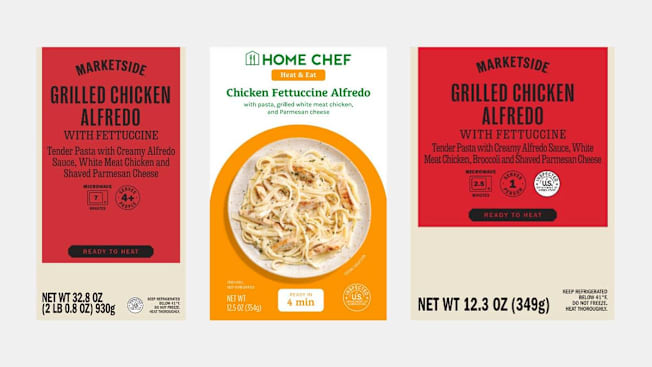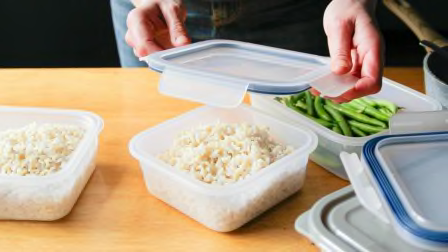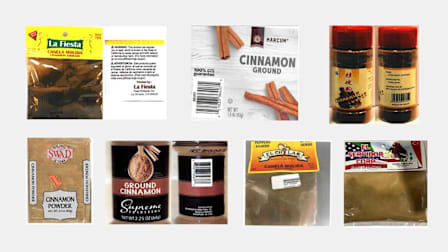Chicken Alfredo With Fettuccine Sold at Walmart, Kroger Recalled After Link to Listeria Outbreak
The Marketside and Home Chef prepared meals were available nationwide

FreshRealm is recalling three ready-to-eat chicken fettuccine Alfredo products sold nationwide at Walmart and Kroger after federal agencies said they may be linked to a listeria outbreak that has caused three deaths, one fetal loss, and 17 illnesses across 13 states.
Listeriosis, the infection that can occur from eating food contaminated with listeria, is particularly dangerous for older people and young children, as well as people who are pregnant and their fetuses.
The three recalled products include:
- 12.3-ounce Marketside Grilled Chicken Alfredo with Fettuccine (sold at Walmart)
- 32.8-ounce Marketside Grilled Chicken Alfredo with Fettuccine (sold at Walmart)
- 12.5-ounce Home Chef Chicken Fettuccine Alfredo (sold at Kroger)
All bear establishment numbers “EST. P-50784,” “EST. P-47770,” or “EST. P-47718” on the side of the packaging. The best-by dates are all June 27 or earlier.
The Risk of Listeria
Symptoms of listeriosis—fever, muscle aches, headache, stiff neck, confusion, loss of balance, and diarrhea—can occur within two weeks of exposure. Very young children, people 65 and older, and those with compromised immune systems are more likely to get a more serious listeria infection that spreads beyond the gastrointestinal tract and into the bloodstream. In pregnant people, the infection can cause miscarriages, stillbirths, premature delivery, or a life-threatening infection of the newborn.
Antibiotics are used for serious illnesses, and IV antibiotics are used for those who are pregnant.
See a doctor if you have a fever above 101° F or you’re unable to keep liquids in your system for two or three days, which could put you at risk for dehydration.




















